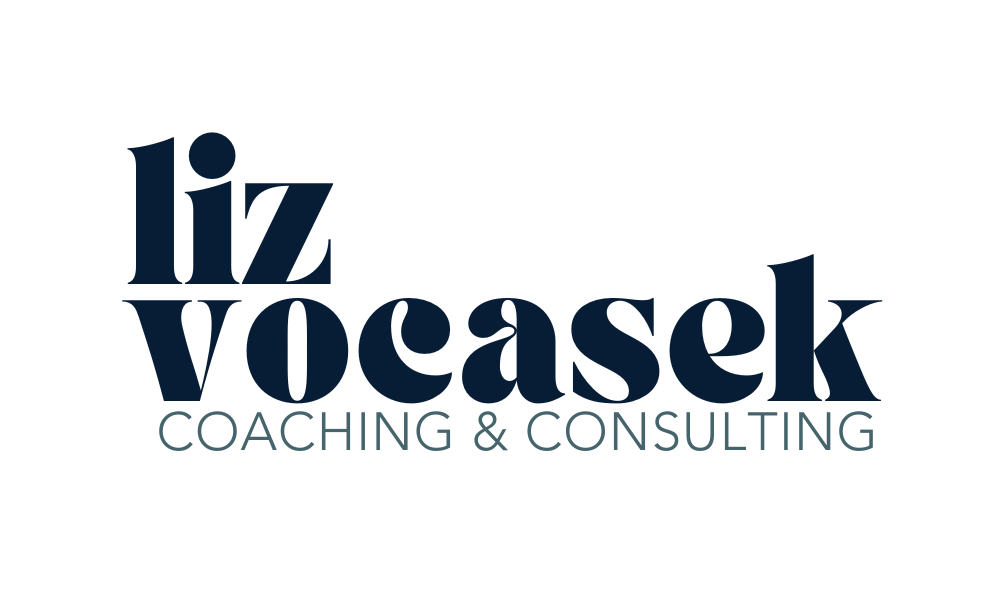Three principles I’m leaning into to address my unhealthy relationship with perfectionism.
For as long as I can remember, I’ve been dealing with perfectionism—the unrealistic belief that the perfect thing, idea, person, job, career, body, and life truly exists—which is a mindset that leads to unattainable ideals, dissatisfaction, and burnout. For years I attributed my perfectionist tendencies to having high standards, striving for excellence, and being unwilling to settle for mediocrity. Deep down I knew better and despite the effects on my physical, mental, and emotional health, it felt easier to bury my head in the sand and justify the impacts as the cost of greatness. However, after surviving a pandemic, committing to a life partner, becoming a small business owner, and turning forty, I don’t have the time, energy, or desire to keep chasing this white rabbit.
Knowing how deeply rooted perfectionism is in my life, it felt and still feels at times like a herculean effort to take on this beast. While there is no roadmap, I’m leveraging the human-centered design framework to identify root causes and create small, manageable interventions to help me join the ranks of the millions of perfectionists in recovery. So, here are three principles I am leaning into to reduce the toxic impacts of perfectionism.
Feeling is not the same as being. I can’t count the number of times I’ve heard the phrase “I’m a hot mess” (or another variation) come out of my mouth and those of the brilliant people around me. We perfectionists have a habit of expressing our emotions in over-the-top blanket statements. This happens so regularly that our feelings become our narratives, our narratives become our beliefs, and our beliefs become our truths. This denigrating hyperbole undermines our confidence and reinforces the false notion that we aren’t good enough. If you start paying attention to how often you and others state feelings as fact, it can be quite eye-opening. As this awareness grows it provides the opportunity to shift your language to something like, “Yes, I may feel like a hot mess today, but my feelings are not my truth.” This simple practice helps us create space to be human.
“Good enough” is enough. Know what’s good enough for perfectionists? Nothing. Yet, do you ever notice that when someone else does or accomplishes something you are quick to see the brilliance and applaud their progress? Sound familiar? Yep, that’s a common reality. When my clients move a project or goal forward I cheerlead them to the moon and back and celebrate their wins—regardless of scale. Unfortunately, when it comes to myself I focus on everything that’s wrong with what I did and how it could and should be better. This then has me caught in the trap of “just one more fix/change/edit/improvement” which impedes me from celebrating small wins especially. When I catch myself fussing excessively, I remind myself that good enough IS enough. It’s challenging, but I accomplish so much more when shake myself out of this endless loop of perfection. In fact, I usually forget all of the issues I initially identified and have come to acknowledge that it’s all of these “good enough” actions or interventions that actually comprise greatness.
Human value is inherent, not something to be earned. I’m looking at you millennials, those from toxic religious backgrounds, firstborns, and overachieving heads of household. We’ve been fed a lot of bullshit about how our value is earned or quantified through sacrifice, service, accomplishments, and tangibles. But, what would happen if we all started to acknowledge that just being alive is valuable to the world? Truth be told, we are all intrinsically valuable. If you don’t believe me—just think about seeing a cute puppy or one of those tiny Tabasco sauce bottles (if that’s your thing). Did its mere existence add value to your day even if just for a second? So is true for our human existence. While we may not be as adorable as a fluffy canine or single-serving sauce, everyone possesses an inherent value that breathes out into the world. Anything we do on top of that is just icing on the cake. Being you is enough. Say it, believe it, live it.
This is not an exhaustive list, nor should it be. And, if you spoke to my coach and therapist, they would tell you I’m far from perfect in terms of letting go of my perfectionist beliefs and tendencies. However, if there’s one thing I’m learning from this process—being imperfectly me is exactly where I want to be.
Until next time, y’all be kind out there.

